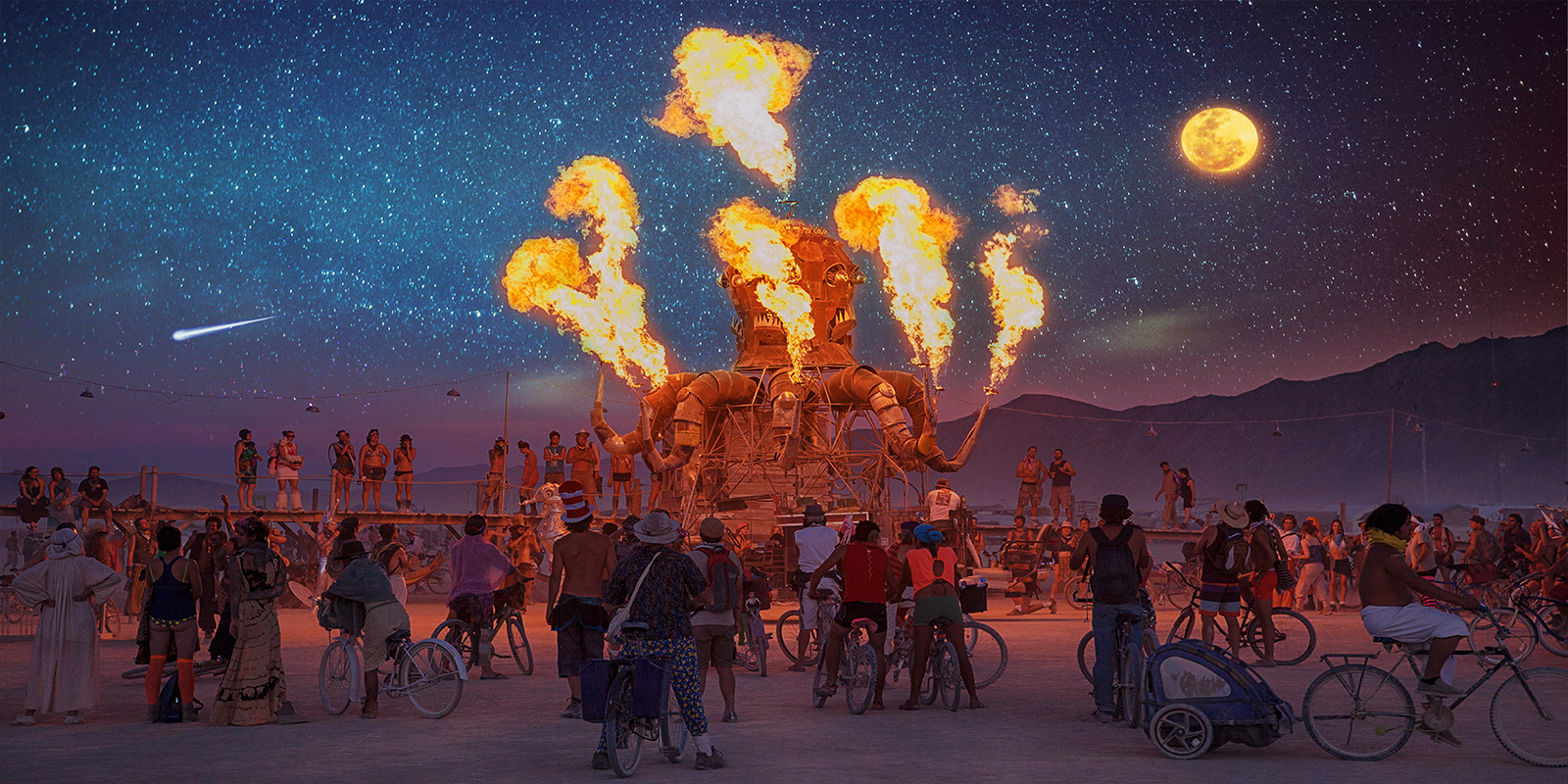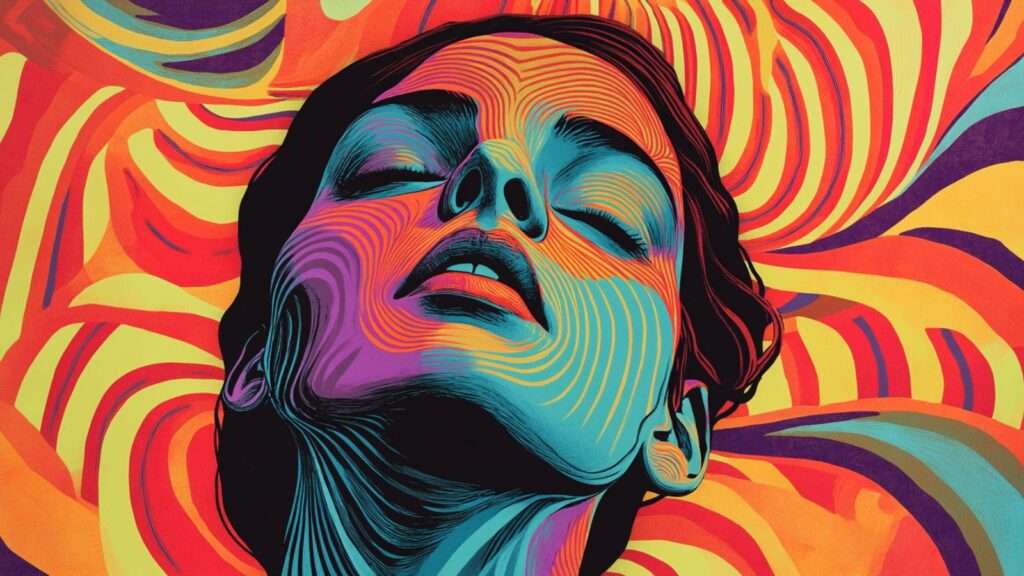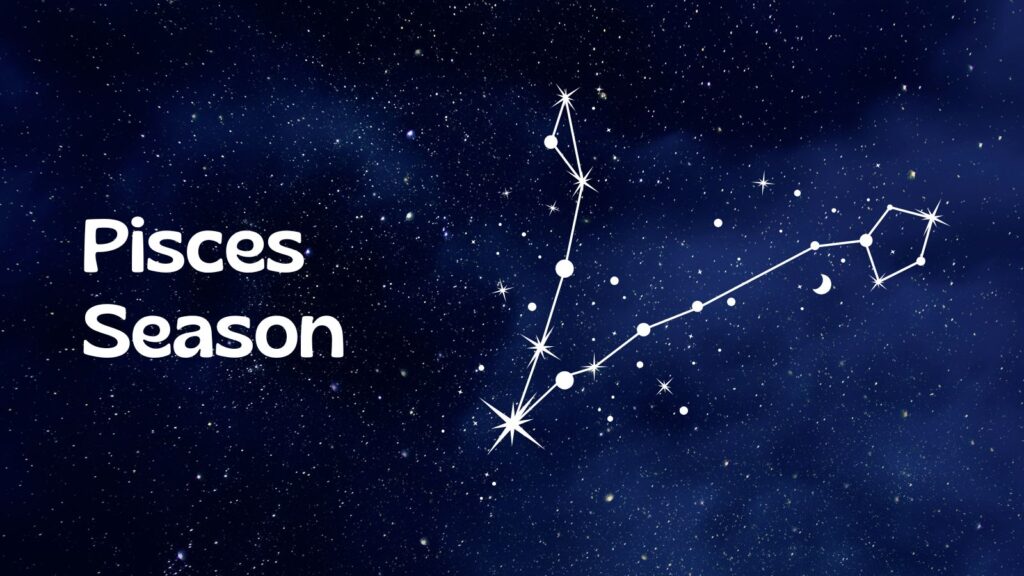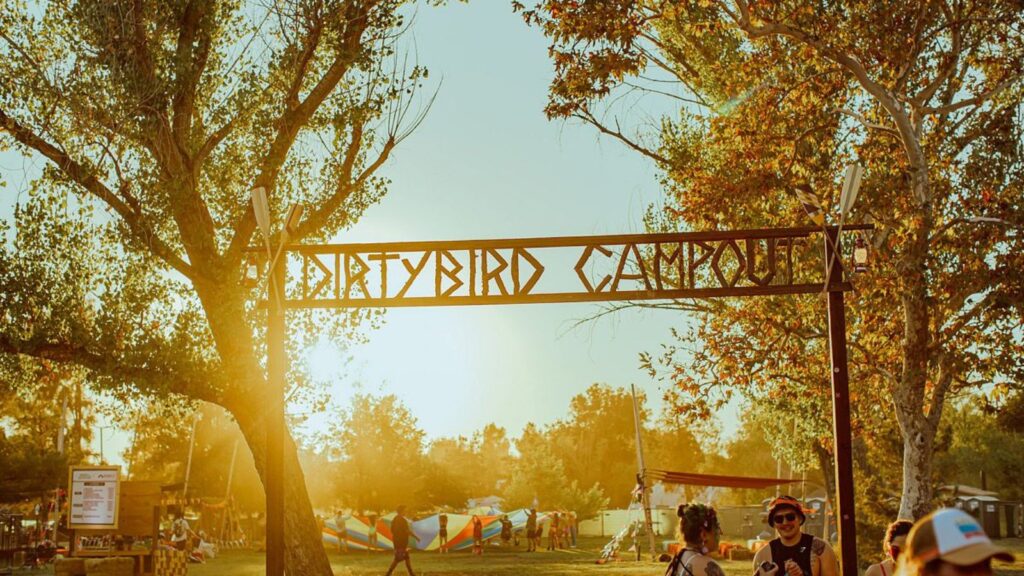Humberto Braga’s latest article, How and Why “Conscious” Festivals Need to Change, has been causing a stir recently. He assembles many of the popular criticisms of Burning Man and “Festival Culture” at large, claiming that there is a dangerous hypocrisy at work, that transformational festivals are inadequate because they apparently have not produced any meaningful political change, and could in fact be reinforcing the sinister political agenda of mainstream culture.
Of particular note is this clip of Marianne Williamson’s talk at Lightning in a Bottle 2011. Williamson claims that “the system” would love these sorts of festivals because they’re “not saying ‘fuck you!’ to anybody”. She goes on to illustrate the important difference between the transcendence festival-goers crave, and the powerful sense of denial that can often masquerade as that transcendence. She admits that it’s not her or anyone else’s place to “tell you what to do”, only that we must not use these festivals as another way to turn away from the rampant injustice and suffering in the world.
Considering the state of the world, many of us can certainly agree that denial is useless, and the time for direct action is now. However, festival culture does not in itself constitute a sociopolitical movement. A transformational festival should be no more or less political than a neighborhood potluck. Festivals are not designed to orient their attendees toward a specific agenda. No matter how obvious it may be to so many of us that problems like child poverty and military-industrial exploitation require urgent solutions, festivals like Burning Man cannot and should not frame themselves as rallies for political change, “progressive” or otherwise.
Festivals like Burning Man are incubators for a very specific process. We’re supposed to have giant parties where we assemble from miles around to meet in a temporary place designed to produce mind-blowing ballets of synchronistic encounters and heart-shattering crescendos of boundary dissolution, giving us the fresh perspective we need to re-create ourselves as complete human beings. This process is apolitical, and we’ve been doing it since the beginning of civilization. Nobody’s supposed to live at the Eleusinian Mysteries, and the Athenian senate didn’t suddenly agree on everything just because they had all made the same pilgrimage.
The concept of radical inclusion, one of Burning Man’s Ten Principles, the one that lets people attend regardless of their social status or ideological affiliation, is actually the apolitical stance that could in fact be responsible for the most “progressive” real world change. Political positions are outgrowths of spiritual or otherwise fundamentally existential positions, and it is staggeringly difficult to cause a political shift in an individual without first producing an existential shift. Were Burning Man or any other festival to take an overt stance and officially promote a political agenda, those that saw themselves outside of that agenda would be excluded and deprived of the chance at their own transformational shift.
This is the primary magical quality of these festivals: beyond the music and the intoxication, there is some indescribable poetry in motion as the attendees churn about in a sea of creativity. Some kind of miracle happens, even if you’re not on psychedelics. Something is revealed, beyond politics, beyond religion, and even beyond popular, ostensibly anti-religious New-Age spiritual sentiments. We still don’t quite have the words for it, which is part of why these festivals are so important. This experience can and must be made available to everyone.
It doesn’t always work for every attendee, but it works for enough of us. At festivals, we are culturally de-programmed, allowing our hardened snakeskins of certainty to be ceremoniously shed, leaving us pink and vulnerable, ready to face the immediate presence of true reality with eyes fully open. To take advantage of this vulnerability by mandating a subsequent cultural re-programming process with a prepared bullet-list of fashionably anti-establishment political agenda items defeats the purpose of the entire exercise.
Sometimes the last “type” of person you would expect to have a heart-opening cosmic journey will only ever have the opportunity to do so at a transformational festival, and if those festivals start branding ideologies like fiery swords, those who consider themselves outside those ideologies will not feel welcome, and they will not attend. Those who need the transformation the most will not receive it, and the festivals will be in danger of becoming insular echo-chambers where we all shout our agreements on all the ways we hate the man.
Thusly, the “transformation” of the transformational festival is and must remain an ambiguous personal transformation, not a delineated societal transformation. However, the former can and does often lead to the latter. There’s a reason why it can seem so tantalizingly close, this possibility that transformational festivals have the power to “change the world”, but the only world that is changing is your inner world of projections and definitions.
I’ve felt the power of this transformation with my own experiences at Burning Man and the west-coast mainstays of Lucidity and Lightning in a Bottle. However, my experiences at these places did not act directly upon my political convictions, reshaping me into some prescribed mold of radical leftist or deep ecologist or socialist democrat. My experiences acted upon my own basic sense of humanity, amplifying my sense of awe for the complexity of life, demolished the walls I had put between myself and the world, between myself and other people.
The consequences of these living-dream encounters with the truth and beauty of universal human creativity and connection, when combined with the individual encounters and conversations and workshops and panel discussions, produced a sense of urgency to create real change in my own life and my own community in a thousand small ways. I saw the need to take the sort of change I wanted for the world and make it real in my immediate situation. Participation in national politics or volunteering for international non-profits or donating to massive charity campaigns seems to me far less effective than acting on myself, my home and my neighborhood.
I am therefore unconvinced by Humberto’s grand plan to divert the millions of dollars spent on festivals to instead fund the creation of a “progressive, technologically sustainable community that could sustain numerous festivals”; it comes down to the nature of community and trust.
It’s very easy to trust that the leadership of BMORG or the leadership of any festival is going to be able to keep a handle on things for at least three days to a week. We’re comfortable paying thousands of dollars for the privilege of participating in the messy experiments of these short-lived cultural petri-dishes. But how comfortable would you be donating your $2000 Burning Man budget to a Model Community that said “don’t worry, we have a progressive sustainability agenda and the experts are going to show us all how to live more consciously, and oh yeah, uh, open source”? The kind of leadership that it takes to build a permanent radicalized community is entirely different than the kind of leadership that it takes to throw a weeklong festival, and the scalability problem isn’t something you can throw money at to solve.
It’s very easy for us to agree that we want to throw a wild and crazy life-changing festival where everyone is invited for a week. It’s very difficult for us to agree on how to live and who is invited to share our homes. Humberto hopes that this proposed permanent community would be based in “progressive values.” Which progressive values would those be, exactly? Do we as transformational festival people actually have a clear set of shared values that are obvious enough for us to make all at once some giant leap from temporary cultural anarchy containers to permanent progressive sustainability communities?
I mean, obviously this model community is going to be 100% raw vegan, right? Oh yeah, and the powers that be manipulated American society away from multi-generational homes so that the nuclear family could make us easier to control, right? So obviously, we have to bring along our parents and grandparents and brothers and sisters and aunts and uncles to live in this model community, right? Oh yeah, and marriage is an outdated patriarchal institution that was originally created to transfer property between tribal leaders, right? So obviously, this model community will operate under a group marriage, right? Oh yeah, and Terence McKenna said that before the patriarchy, we lived in a matriarchal society that had psilocybin mushroom-fueled orgies every full moon to obscure paternal lineages and dissolve the concept of ownership. Obviously we’ve got to get that going in our model community, right?
This is the problem with trying to politicize any culture. Yes, we do share some values, and yes, sometimes we discover those values through these festivals, but translating a gradient of diverse values into a set of solid collective actions is a messy process, wether you call it community organizing or just plain politics. I’ve helped produce festivals with 80-150 people and I’ve been living for the last 2 years in an intentional community of 8-11 people. Both are incredibly rewarding, deeply challenging, thoroughly fascinating, and occasionally exasperating experiences. I’ve learned that the trust that it takes to build an energetic container of soul-awakening anarchic cultural freedom for 3 days is drastically different than the trust it takes to participate in the daily logistics of permanent sustainable community living. These are two completely separate processes. Both are essential and one should certainly not be eliminated for the sake of the other.
Rather than trying to rally support around the idea that BMORG ought to cancel Burning Man for a year and instead have a Kickstarter campaign to build a “Burning-Man-Values” city of the future, communities of Festival-Goers need to look around the room and start using their heart-centered abundance to manifest co-created sustainability in their own homes. It’s not a question of “Look at all these hundreds of millions of dollars we’re spending on one big thing! Wouldn’t it be great if we spent hundreds of millions of dollars on a different one big thing?” It’s a question of Burners building real communities inside and among the houses and apartments we are already living in.
It’s great that your burner community gets together every week or so to party down and share beloved moments with each other, but if there’s something about this cultural phenomenon that is making us more aware, more conscious, how are we utilizing that conscious awareness to transform our immediate living situations? How are we applying what we’ve learned from our festival experiences in the way we engage with our local communities? You’re on the burner list, right? Or the facebook group? Are you going to that burner party next weekend, or the spin jam? Oh! Are you going to that permaculture workshop? Uh, which club is that happening at? Are you going to that party where they’re installing solar panels at that big house, you know, the one where all the burners live?
Don’t wait for someone else to build a big magical sustainable burning town where everything will be sorted out by a non-profit board of directors. You want to live “more consciously”, “more sustainably”? Work together with your roommates to sort out the stuff that’s not working in your household, right now. Have a house meeting. Have a clutter-purge. Wash the fucking dishes. Start a garden in your backyard. Start any kind of project to improve your home, even if you’re renting. You want to “build community”? Invite your neighbors over for tea, then invite them to the spin jam. Promote your burner-y events beyond your invite-only lists. Go to your neighborhood council meeting. Open your lifestyle up to the last people you would expect to be interested. You might be surprised.
Make it all happen in your own life, right now. We can’t save the world “out there” with our shiny new conscious cultural values if those cultural values aren’t strong enough to let us thrive in our current living situations. There are a million changes we can make in our own homes, in our own communities despite of the tyranny of rent and bills that squeezes our time and money away from our gifts. We’re all still here when we get back, there’s nothing stopping us.
But where are you going to start? How will your community of burners decide which big project to collaborate on? Who knows? You’ll have to get together and figure it out. I’ll let you in on a secret. It’s not easy. I’m talking about building community and sustainability from the bathroom out, literally. But with a bit of imagination, a lot of communication, and some honest dedication, we can see our surroundings as a mirror for the world at large. Look at what’s not working in your house or in your community. See it as a metaphor for some big societal problem you wish could be fixed. Convince yourself that no great political upheaval will come to this country or this planet unless you and your close friends make a great upheaval of your own daily lives, starting today. We can support each other in our small missions to build a more beautiful world. It is possible to make cooperative effort towards projects that embody our collective values, but no one is going to do it for you.
Image by Fabrice Florin, courtesy of Creative Commons license.













